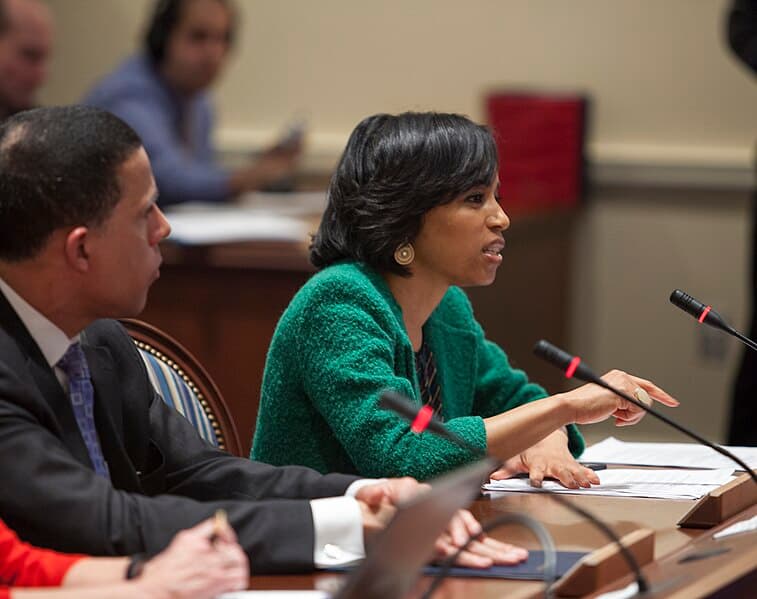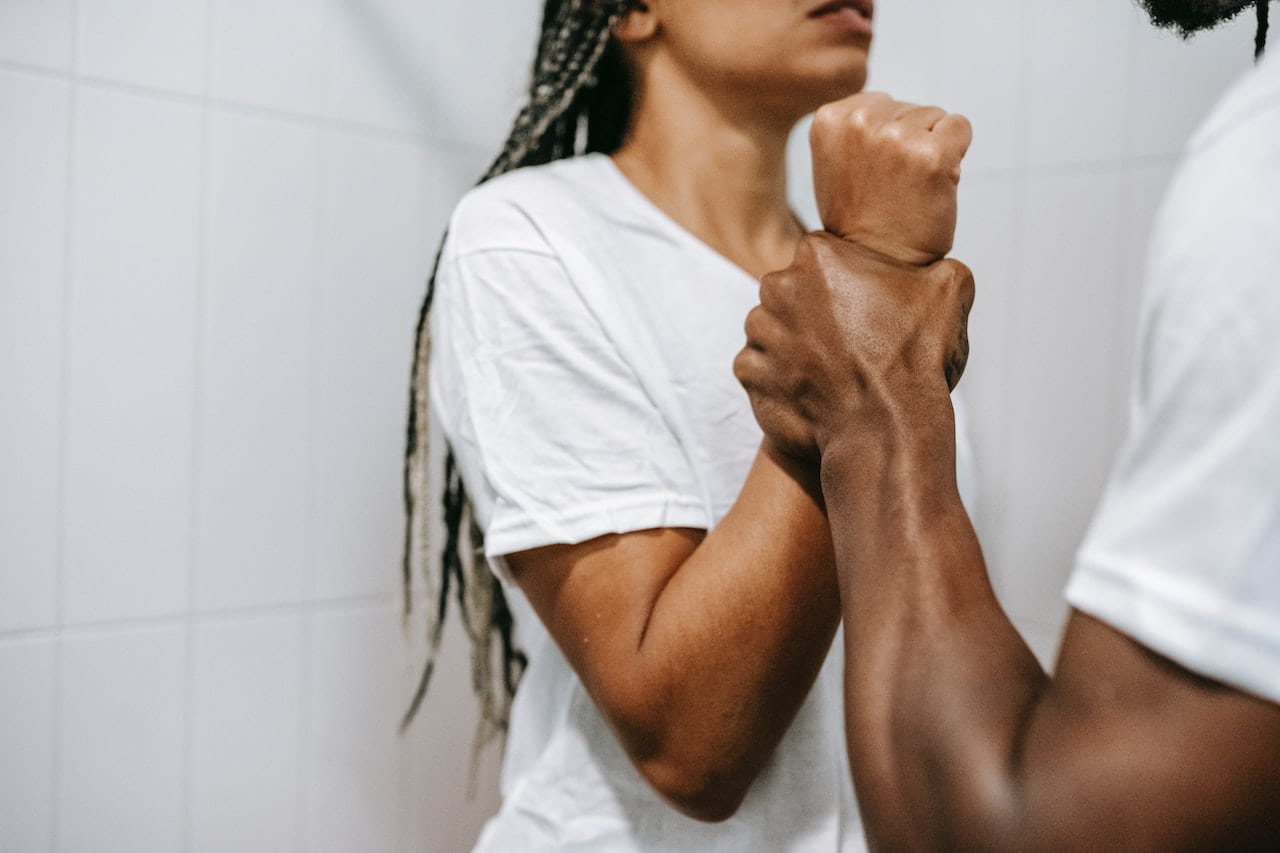Love and peace of mind are some of the reasons behind many relationships. But that isn’t always the case. According to the National Library of Science, Domestic violence statistics stand at 10 million individuals annually in the United States. The report further adds that in every four women, one is a victim, and in men, it’s every nine.
Domestic violence can lead to poor health for men and women. In sub-Saharan Africa, about 44% of women have been victims of the vice. As a black person, you may not be a victim or affected. Also, you could be married, dating or neither. But you can mark Domestic Violence Awareness Month by knowing the signs.
Become an insider. Subscribe to our newsletter for more top trending stories like this!
Are you interested in books on Domestic Violence Awareness Month? Pick one from Amazon.
What Is Domestic Violence?

Any behavior pattern that seeks to gain control, manipulate, or have power over an intimate partner is domestic violence. Other domestic violence synonyms to know during this Domestic Violence Awareness Month:
- Intimate partner violence
- Domestic abuse
- Relationship abuse
We are all potential victims of domestic abuse. It knows no age, race, religion, or gender. Whether educated or not, higher or lower economic social status, domestic violence can happen.
Why do people stay in abusive relationships? Reports show that victims justify staying in unhealthy relationships to self than externally to those around them. In fact, men give their society-assigned roles as the reasons for staying (masculine).
Read Also: National Bullying Prevention Month: 10 Signs of Bullying in Teenagers
Signs of Domestic Violence
African descendants aren’t immune to domestic abuse. In African-American communities, research points out some risk indicators linked to domestic violence:
- Unemployment
- Poverty
- Illegal drug use
- Alcohol abuse
- Growing up in a violent environment
In this Domestic Violence Awareness Month, we list intimate partner abuse signs to look out for:
Disrespect in Front of Friends and Family
According to the United Nations, a partner who embarrasses you in the presence of family and friends is an abuser. They can also do this to you while out in the public.
You could be in a group or alone with your spouse, but they ignore you when you ask a question or comment. Some can even interrupt your telephone calls. These actions can affect your confidence.
Get a domestic violence-themed t-shirt from Amazon.
Use of Threats
A partner using their physique to intimidate you can instill fear. You could want to go back to work or meet up with your friends, but your partner shouts you down or throws vulgar words at you, making you feel guilty or wrong. All this amounts to threats.
Other times, an abusive partner may withhold important things from you, like medications, and threaten to kill or harm you and your loved ones and pets. They could even threaten to commit suicide, all in an effort to make you do their bidding.
Restricts Your Communication
We communicate for social and business reasons. However, an abusive partner could monitor all your communication channels and forbid you from interacting with certain individuals. And if that’s not enough, a violent partner may lock you up in the house.
You may lose friends and work because they could be unaware of what you’re going through. But this isn’t something to give your partner sleepless nights. In fact, they’ll be happy to control your life.
Become an insider. Subscribe to our newsletter for more top trending stories like this!
Pressures You to Have Sex
Sex in an intimate relationship, whether married or not, should be consensual. But that isn’t the case in abusive relationships. A woman may force his man or vice versa to give in to sex even when the other party isn’t willing.
Being forced to perform sexual acts, you don’t condone or watching pornographic material all amounts to sexual violence.
Read Also: Deandre Hopkins’ Mom: The Unbreakable Bond Between Mother and Son
Blames You for Their Actions
A partner who abuses you emotionally, physically or in any other way can blame you for the violence they show you.
They’ll be mean to you, beat you up, deny you freedom of movement, and restrict your communication and decision-making. And when you demand to know why they treat you this way, they claim your actions are to blame, you made them angry, you didn’t respect their mean wishes, or they weren’t in control and so on.
Make You Become Self-Critical
Nothing good could be coming from your partner’s mouth. Whenever they speak to you, they verbally abuse you, throw insults, or even falsely accuse you of things you haven’t done. Such experiences can make you become critical of yourself. You feel you’re the problem, don’t dress well enough, are a pathetic cook, or feel overweight.
Some may even resort to shouting at their partners. The list is endless, but the negative impact will be greater on you.
Additional Signs of Domestic Abuse
Domestic Violence Awareness Month makes us aware of numerous signs of violence. Here are more:
- Make you Feel you can’t function without them
- Downplays Your achievements
- Attacking you physically
- Deny the Abuse ever happened
Buy purple bracelets from Amazon and gift your loved ones.
No black person should be abused or accept that domestic violence is normal. Whether in Africa, America, the Caribbean or any part of the world, let’s mark Domestic Violence Awareness Month by knowing the signs and helping ourselves or our loved ones.
Nearly 80% of consumers visit directories with reviews to find a local business. List your business for free in our exclusive Spotcovery Black-Owned Business Directory.
Spotcovery offers unique and fresh daily content on Black culture, lifestyle, and experiences. We talk about everything black, black people, black-owned and black-owned businesses. We also deliver authentic and relevant content that will inform, inspire, and empower you! The future of black media is critical to today’s black experience! Our primary audience includes African Americans, Africans, Afro-Caribbean, and people of African heritage. Black culture is for the culture!
Become an insider. Subscribe to our newsletter for more top trending stories like this!





